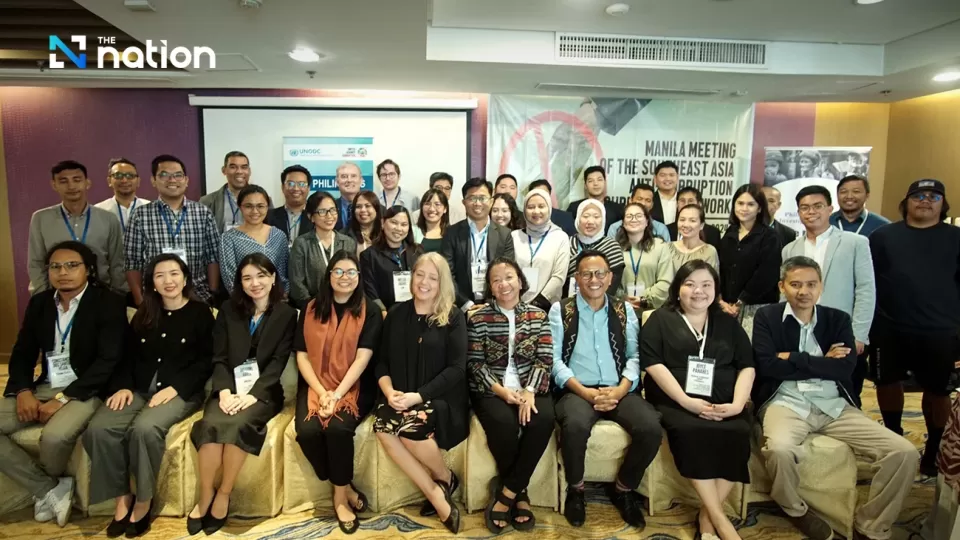March 27, 2024
BANGKOK – “Even with the various efforts by the Indonesian government, corruption remains a concern in certain sectors and levels of society. The response to corrupt practices still tends to be slow and corrupt practices are becoming worse due to the lack of real support from stakeholders,” said Linda Trianita, editor of Tempo, a leading Indonesian news and politics magazine.
“The countries of the ASEAN region are among the fastest growing economies in the world, and in recent years have seen a significant increase in foreign direct investment and regional integration. However, despite economic growth, sustainable development in the region is hampered by severe governance shortcomings, most notably in the form of autocratic governments, low levels of accountability and highly politicised public sectors,” she added.
According to Transparency International’s 2023 Corruption Perceptions Index (CPI), many countries in the region are living with corruption. Moreover, Vietnam, Thailand, Laos, Cambodia and Myanmar have lower CPI scores than the previous year. The scores in 2023 are:
Singapore–83 (from 83 in 2022)
Malaysia–50 (from 47 in 2022)
Timor Leste–43 (from 42 in 2022)
Vietnam–41 (from 42 in 2022)
Thailand–35 (from 36 in 2022)
Indonesia–34 (from 34 in 2022)
Philippines–34 (from 33 in 2022)
Laos–28 (from 31 in 2022)
Cambodia–22 (from 24 in 2022)
Myanmar–20 (from 23 in 2022)
Common challenges faced by investigative journalists working on anti-corruption stories include access to data, the weaponising of regulations, subjects’ responses to the report, increased difficulties in protecting sources, limited funding and audience engagement.
These challenges not only make life more difficult for them but can be dangerous both to the journalists themselves and their sources. Among the possible solutions put forward during the meeting were strengthening the freedom of information law, encouraging information sharing between journalists, cyber protection, collaborations between networks of journalists, training sessions, and creating a group communication channel.
Participants took the opportunity of the meeting to form and launch a network called Journalists Against Corruption (JAC). This aims are to support journalists’ work on corruption issues and, with international support, act as a protective shield for them.
“We recognise that corruption is mainly practised by people with power, either politicians or business owners. They can be living inside our country or elsewhere in Southeast Asia. To uncover their stories, we need collaboration between journalists in the region and JAC is a potential platform for this kind of work. In addition, Timor-Leste is a relatively new state and we don’t have big stories about government corruption like we do for the Philippines, Malaysia, or Indonesia and this prevents us from covering cases with as much quality as we would like. In this aspect, JAC can be the venue for addressing the knowledge and skill gaps we have. We also hope that Timor-Leste can contribute to the development of investigative journalism through our experience in reporting about corruption in close collaboration with NGO activists,” said Ato ‘Lekinawa’ Costa, editor-in-chief of Timorese media “Neon Metin”.


